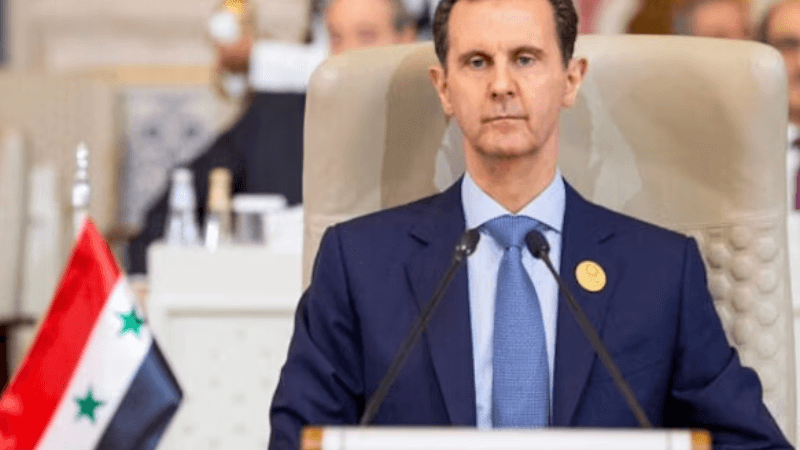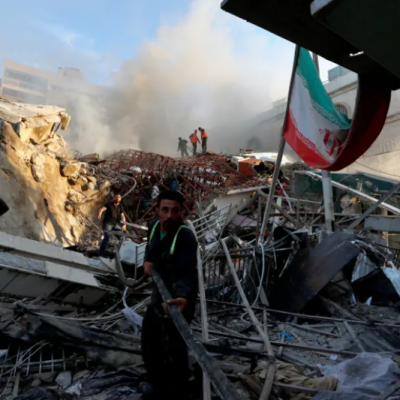Fall of Bashar Al-Assad Reveals Syrian Government’s Drug Trade

The government funded drug activities in Syria which were abandoned following the fall of the Assad administration are coming to light nationwide. The organizations that toppled the government discovered a drug production plant at a factory in the Douma neighborhood of the city Damascus.
Drugs were hidden in electrical panels with fake coils in the factory ready to be shipped. A huge amount of drugs was also discovered concealed in a variety of items such as molds that are made to look like fruits, vegetables and artificial stones.
The rebel group set fire and destroyed the drugs and its production equipment that were seized at Damascus Mezzeh Military Airport on Thursday. These drugs are referred to as “captagon.”
Research states that approximately $6 billion worth of Syrian made captagon was confiscated overseas. The neighboring countries of Syria seized 25 million captagon pills valued at $500 million in April 2022 alone.
Captagon can be sold for up to $25 in rich Middle Eastern cities while a single pill of the medicine only costs a few cents to produce in Syria. In nearby nations, captagon trafficking has grown to be a significant social issue demanding negotiations with the government to cut off the drug’s supply.
What Is Captagon?
The pill is fenethylline also known as fenethylline which is a synthetic stimulant that became a popular drug in the Middle East and is marketed under the Captagon brand.
It gives them a sense of invincibility. Because it keeps people up late, provides them energy and allows them to live with one meal a day and also it prevents hunger and helps people stay up late.
People who use it include taxi drivers, college students, those who are hungry in bread lines, wealthy people trying to lose weight and fighters.
The Baath Party administration which had ruled Syria since 1963 was overthrown by anti-regime forces early Sunday forcing Bashar al-Assad, the country’s leader for almost 25 years, to flee to Russia. His downfall sheds the lights on Syria’s Drug Trade which the drug has has a bad history and is mistakenly considered as not harmful and it does not carry the same stigma as party drugs.

